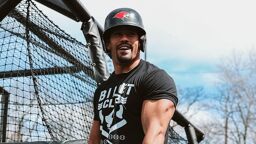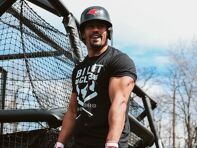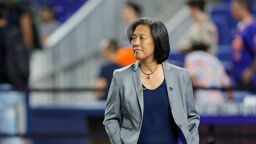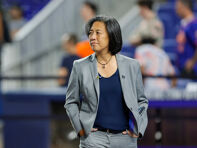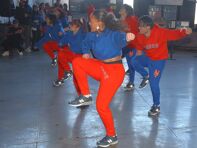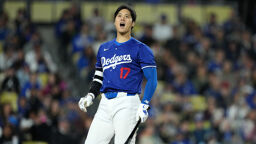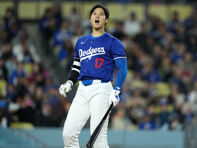As the Kansas City Royals’ senior manager for special events and promotions, Matt Schulte’s job is contingent upon welcoming fans into the ballpark every night. But with Major League Baseball on pause due to the coronavirus, there are no games, and definitely no fans. Even if MLB returns this summer, it’s likely games will take place in empty stadiums.
So how does one go about marketing a professional sports team during a pandemic, especially when 72 percent of Americans say they won’t be ready to attend games until there is a coronavirus vaccine?
On this week’s “Sports Kiki Podcast,” I spoke with Schulte, who came out to Outsports during the Royals’ 2014 World Series run, about the challenges of working in professional sports during the coronavirus, and how he’s preparing for the possible return of MLB. The owners have approved a plan for an early July Opening Day, though they’re still squabbling with players over compensation. MLB drafted its reopening safety proposal late last week.
“I have spent the last two months doing a lot of contingency planning — figuring out if baseball will be back, and then if it is back, what does that look like?,” he said. “Are there fans in the stands? A lot of my job is comprised of having fans in the ballpark. I do giveaway items like the bobbleheads, the t-shirts, the jerseys — stuff you get when you walk in. Then there’s the special events we do. All of those involve fans in the stands. So we’re trying to think of creative and outside the box ideas to still engage our fanbase through this time, and once we get out to the other side, what does that look like?”
With Missouri beginning its reopening process May 3, Schulte says his department is brainstorming how to execute promotions like giveaways around Kansas City and possible watch parties — while following physical distancing guidelines, of course. The key is staying visible, and throughout the last two months, Schulte says the Royals’ social media team has been one of the most valuable parts of the organization. On a daily basis, the Royals tweet out various contests and promotions to their more than 1 million followers, including fan activities such as trivia and coloring contests for kids.
The Royals have also partnered with several organizations and charities, including a community food network and University of Kansas Health System.
More than anything, Schulte understands the need to innovate. If social gatherings will continue to be restricted until there is a vaccine, he needs to rewrite the sports marketing playbook on the fly.
“I was on a call this morning about masks,” he said. “I was joking, I know how to create a bobblehead like the back of my hand. I love the world of bobbleheads. But I knew nothing about masks until a month ago. It’s just elements like that. None of it was taught at school, or you’ve learned, or have past experience on. You kind of take one thing at a time, take deep breaths, think positive. We’re all going through this, we’re all in the same boat together.”
One of the casualties of a suspended season are various events that teams were forced to cancel, including Pride Night. The Royals were slated to hold their second Pride Night in June, but it will be pushed until 2021. Kansas City’s inaugural Pride Night was a rousing success, filling up Schulte with emotion. When Schulte publicly came out, there were few openly gay sports executives, never mind well-known athletes. Now, all but two MLB teams currently hold some version of Pride Night, and clubs work with MLB’s Vice President of Social Responsibility & Inclusion, Billy Bean, on a regular basis. Schulte describes the openly gay ex-Major Leaguer as his “security blanket” and “umbrella.”
Still, despite a more inclusive corporate atmosphere, there’s still no active openly gay player in MLB. But Schulte says he knows the day will come, and in the meantime, it’s the league’s responsibility to be as welcoming as possible.
“I struggle with that answer myself, because I’m not quite sure,” Schulte said. “Baseball does lend itself to a more conservative sport. I think any team sport is a little bit more of a struggle than an individual sport. But I’m a glass half-full person in nature, and I do feel like baseball has done a lot over the last 10 years. Most teams host a Pride Night. I think there would be openness and acceptance if somebody did, but I know it’s always hard to be ‘the first person.’ I remain positive there will be somebody eventually when the timing is right.”
Click here to check out this week’s edition of “The Sports Kiki Podcast”. You can also subscribe to the show on Apple’s Podcast page as well as on Google Podcasts, and wherever you’ll find Outsports podcasts.





